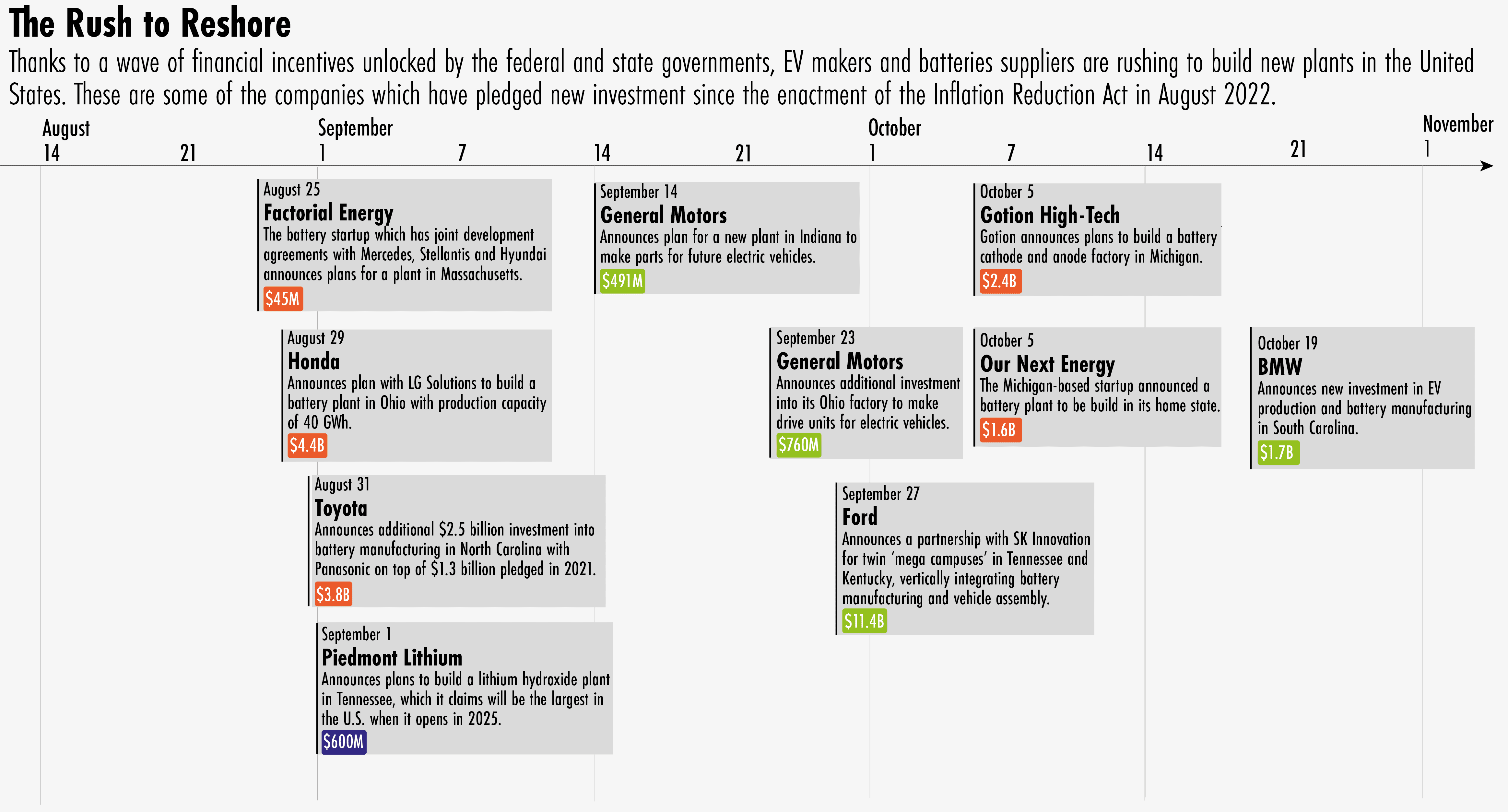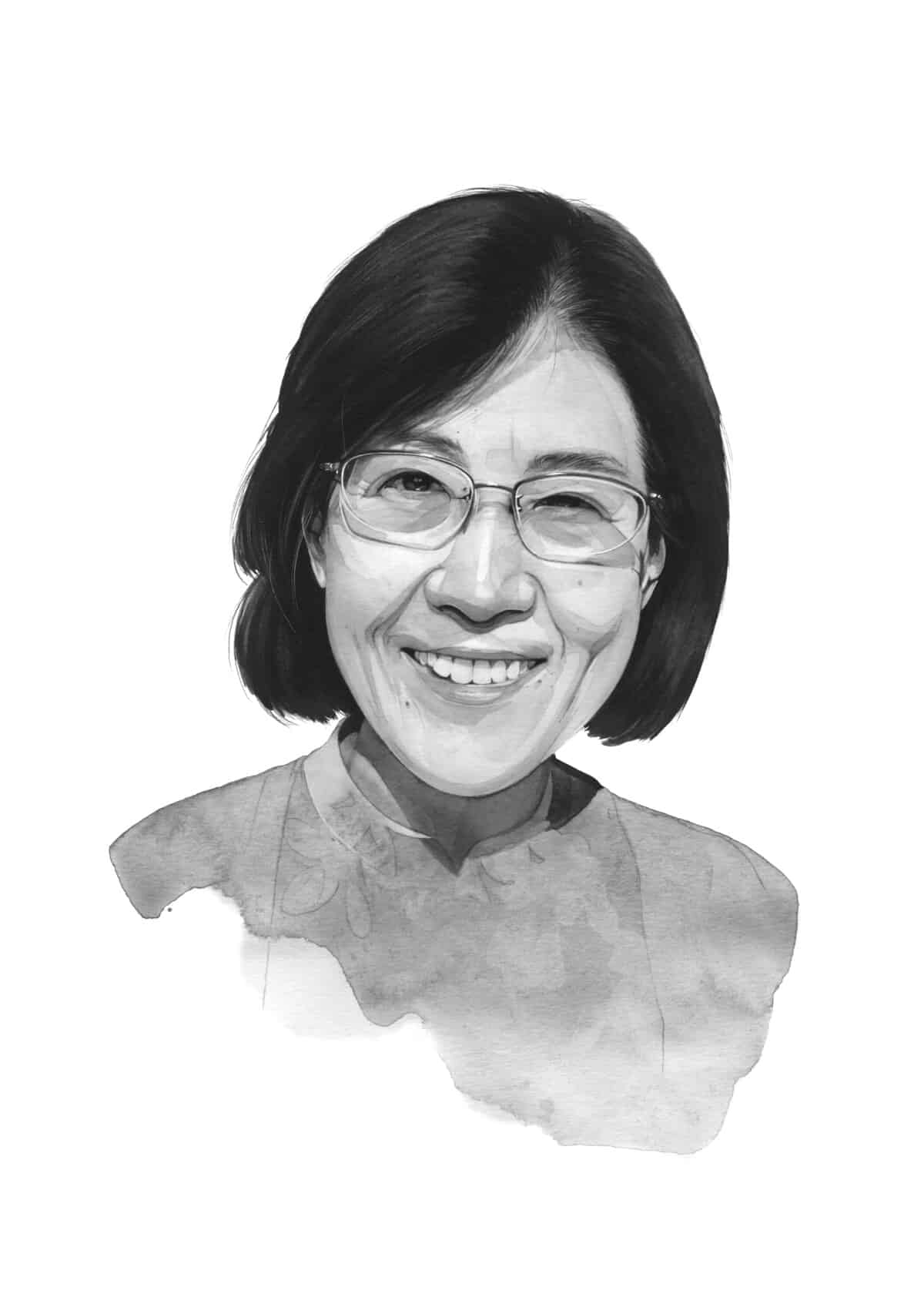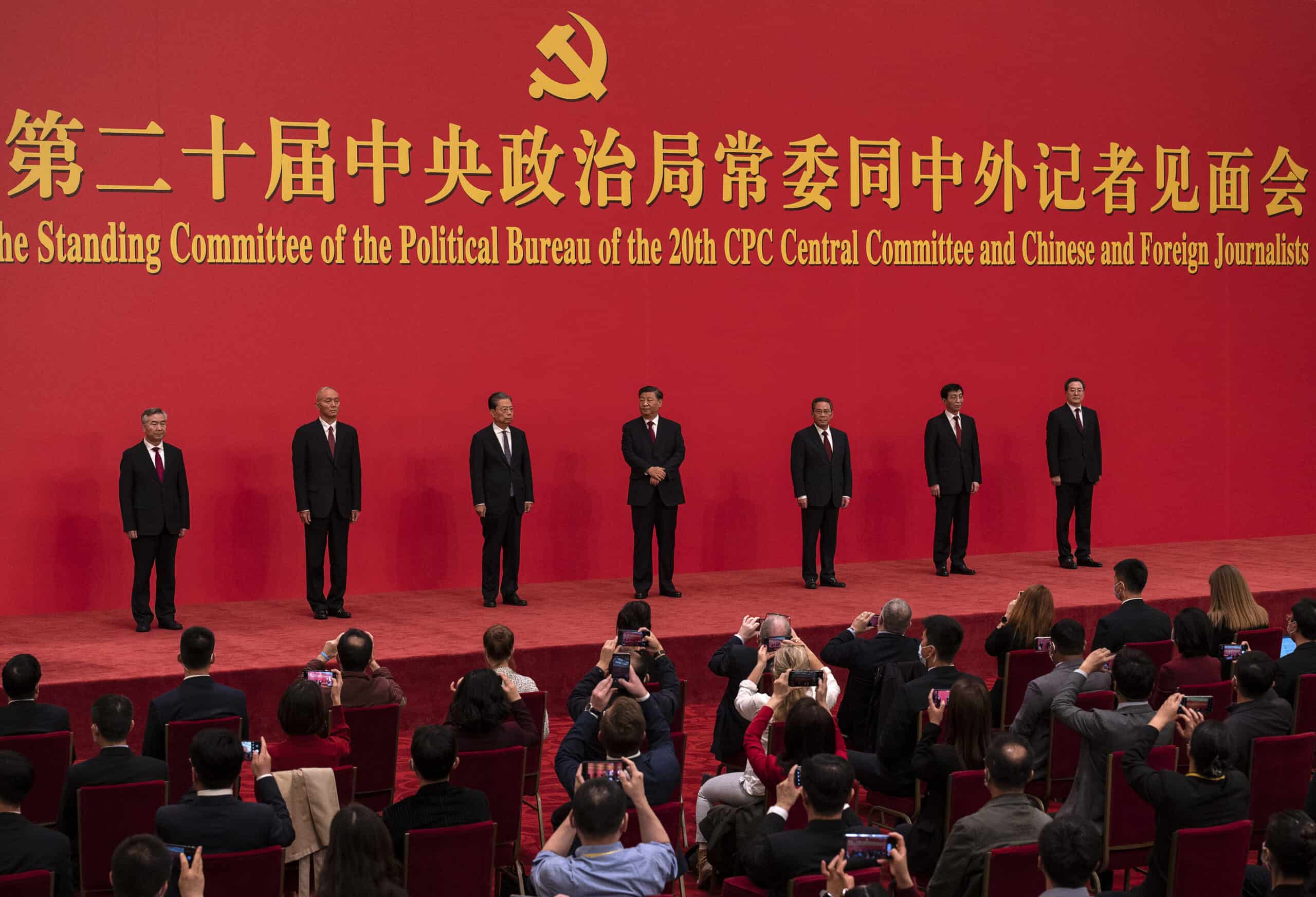Good evening. Semiconductors, our cover story this week argues, define the world we live in, determine the shape of international politics, the structure of the world economy, and the balance of military power — which explains why Washington is willing to do whatever it takes to stop China from having them. Elsewhere, we have infographics on Gotion High Tech, the Chinese battery company setting up shop in Michigan; an interview with Cai Xia on how Xi Jinping overturned the pillars of Marxism; an op-ed from Susan Shirk on Xi’s overconcentration of power; and an op-ed from Shang-Jin Wei on the cost-benefit analysis of China’s zero-COVID policy. If you’re not already a paid subscriber to The Wire, please sign up here.
Want this emailed directly to your inbox? Sign up to receive our free newsletter.

The New Superweapon
Earlier this month, when the Biden administration imposed the most sweeping export restrictions yet on semiconductors, it represented the culmination of a U.S. tech policy seven years in the making. Since the final days of the Obama administration, the U.S. government has slowly realized that one of its best options for protecting America’s tech edge is by weaponizing the semiconductor supply chain. In this excerpt from his new book, Chip War, Chris Miller recreates how this strategy originated and gained momentum in Washington.

Big Picture: Made in Michigan?
Earlier this month, Gotion High Tech, a Hefei-based company, announced it would construct a major battery input factory in Michigan, having secured $751 million in state financial incentives. Gotion is a relatively minor player in China’s EV battery industry, but the Volkswagen-backed company has ambitious growth plans. This week, infographics by Eliot Chen look at Gotion High Tech, its rapid growth, and its overseas expansion strategy, including to the United States.
A Q&A with Cai Xia

Cai Xia was a professor of political theory at the Central Party School of the Chinese Communist Party in Beijing between 1998 and 2012. But in late 2020, after her sharp critiques of the Party and its leader, Xi Jinping, began circulating online, she was expelled from the Communist Party. In this week’s Q&A with David Barboza, she talks about how Xi Jinping overturned the pillars of Marxism and destroyed the CCP’s ‘democratic centralism’; how the ‘princeling’ generation is different; and why reformists in China can’t succeed without pressure from the outside world.
Cai Xia
Illustration by Kate Copeland

Xi Jinping’s Overconcentration of Power
With old Party institutions melting away under his watch, Xi Jinping may be inaugurating a new period of political uncertainty that is superficially stable, but structurally fragile, argues Susan Shirk in this week’s op-ed. Xi’s overreach is likely to worsen during a third term in which his concentration of power will be even greater. But the costs of his overreach and his lack of power sharing are frustrating members of China’s elite, she says.

Is the Benefit of China’s Zero-COVID Policy Worth the Cost?
Even as countries around the world lift COVID-19 restrictions, China shows no sign of easing its strict zero-COVID policy. A cost-benefit analysis, argues Shang-Jin Wei in this op-ed, finds that the Chinese strategy may be more economically sound than many assume, but also shows that it is time for the country to adopt a less severe approach.



